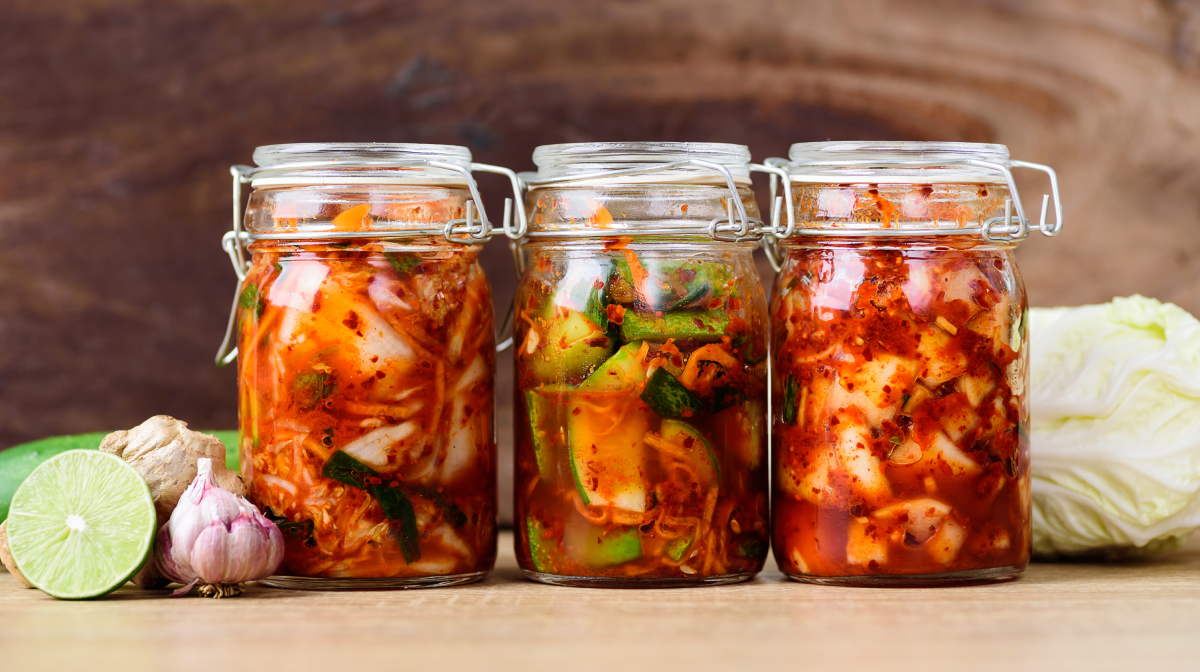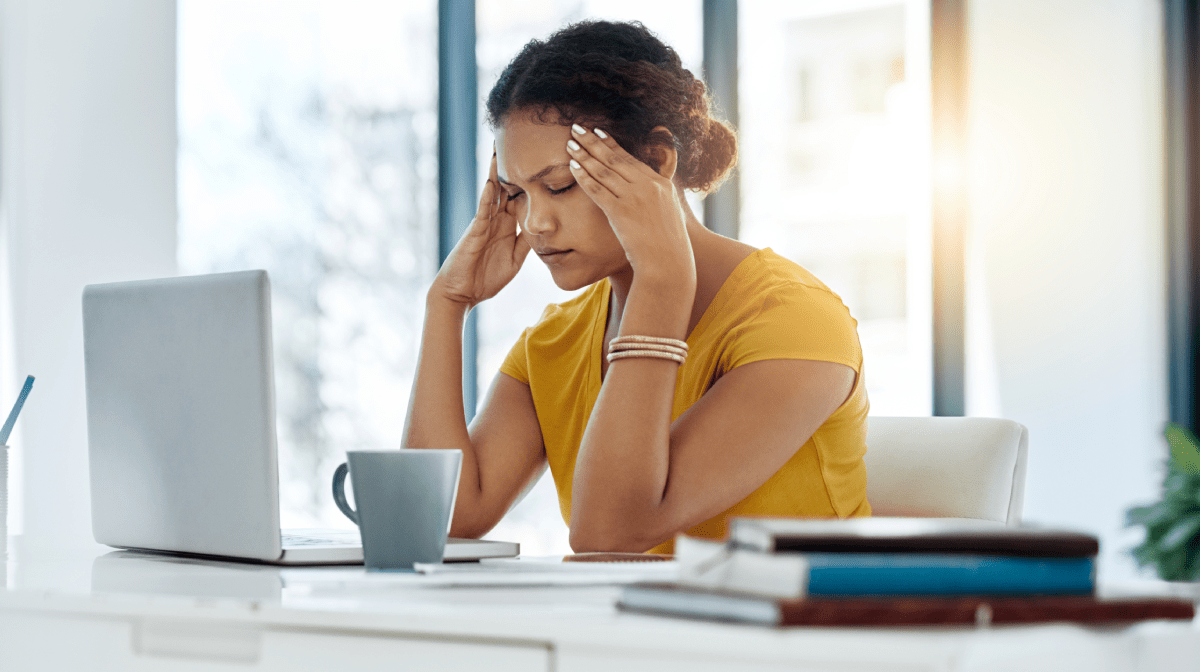When you have a sensitive gut, travelling can be a stressful time for your mind and body. You may be worried about the journey itself, bathroom access and being able to eat the right foods.
Thankfully, there are a number of things you can do that could help you to relax and make the most of being away from home.
Prepare yourself mentally
Firstly, it’s important to mentally prepare yourself for your trip. Stress can be a trigger for symptoms, so it’s important to remain as calm as possible.
Try and identify the parts of the trip that are worrying you the most. Then make a plan for how you could tackle them should they arise. Knowing that you’re prepared will help to reduce your worry.
Make a plan
Anything you can do to calm your mind and body will have a positive effect on your digestive system. We recommend trying these:
1.Talk to your doctor
Let your doctor know about your concerns and ask for their advice on how best to manage them and your symptoms. If you’re taking any medication, then make sure you have enough for your whole trip and ask for recommendations for any over the counter products aswell.
2. Pack the right things
Packing things that ease symptoms and make you more comfortable will reassure you that you’re prepared. We recommend including some gut-friendly snacks (like fruit, nuts and wholegrain crackers) wet wipes, hand sanitiser, water to keep hydrated, a change of clothes and any prescriptions or over the counter medicines.
3. Know where the toilets are
If you can, check out the toilet facilities along the route and at your destination. Knowing that you’re able to go when you need to, will help with feelings of calm.
4. Friendly bacteria
Consider taking a daily dose of friendly bacteria in the days and weeks before your trip. This could help to soothe your symptoms of discomfort ahead of time.
5. Eat sensibly (and don’t over eat)
Being away from home can often cause a change in eating habits. It’s easy to get excited about the new food choices on offer and you’re more likely to over indulge. Your concerns can often be forgotten and you end up eating and drinking food you would normally avoid at home. Try and avoid temptation where you can, especially junk and fried foods.
One easy tip is to trial new foods before you go away to see how your gut reacts. But we recommend speaking to your health care professional before making any drastic changes to your diet.
6. Know how to relax yourself
If you know that travelling and being away from home will cause you stress, then it’s important that you know how to relax yourself. Try practicing relaxation techniques, such as meditation, deep breathing, visualisation or listening to calming music to see which works best for you. Then practice these before you go away, so you can calm yourself whenever you need to.
7. Tell those you’re travelling with
Let the people you’re travelling with know about your discomfort. Trying to hide it will only add to your stress. Also, they may be able to help and make things easier for you. They’ll also understand if you need more regular stops and need to be picky about where you eat and where you go.
8. Get up and move
Light exercise is a proven stress reliever. When you stop for a break, get out and stretch your legs - moving your muscles and joints will make you feel calmer. Try and avoid any excessive exercising as this can put more stress on your body.
9. Stay Hydrated
Staying hydrated is really important for healthy digestion. It can be easy to become dehydrated when you’re travelling, especially if you’re trying to limit fluid intake because you don’t know where the nearest toilet is. However, if you don't drink enough water, there’s a bigger chance that you’ll become constipated. Also, if you experience episodes of diarrhoea, you’ll need to replace any lost fluids. Try to avoid alcohol and caffeine too, as these can contribute to dehydration and can also irritate your digestive system.
Choose a gut-friendly destination
Try and plan a destination that gives you easy bathroom access, has a range of food options so you can find something that suits your gut and accommodation that helps you get a good night’s sleep. Making your stay as comfortable as possible will ensure you have the most enjoyable trip.
Discover More On Gut Health

What are the best foods for gut health?
Is there such a thing as ‘good gut health’ food? Learn which foods have been linked to supporting your gut and if there really is a ‘magic’ ingredient.

Stress and gut health: How to break the cycle
90% of those suffering from gut issues feel more stressed as a result. Dr Mishkat Shehata, a GP and certified lifestyle medicine physician at The Lifestyle Code Clinic, looks at the vicious circle between gut health, stress and diet - and how to break it.
Related Articles








